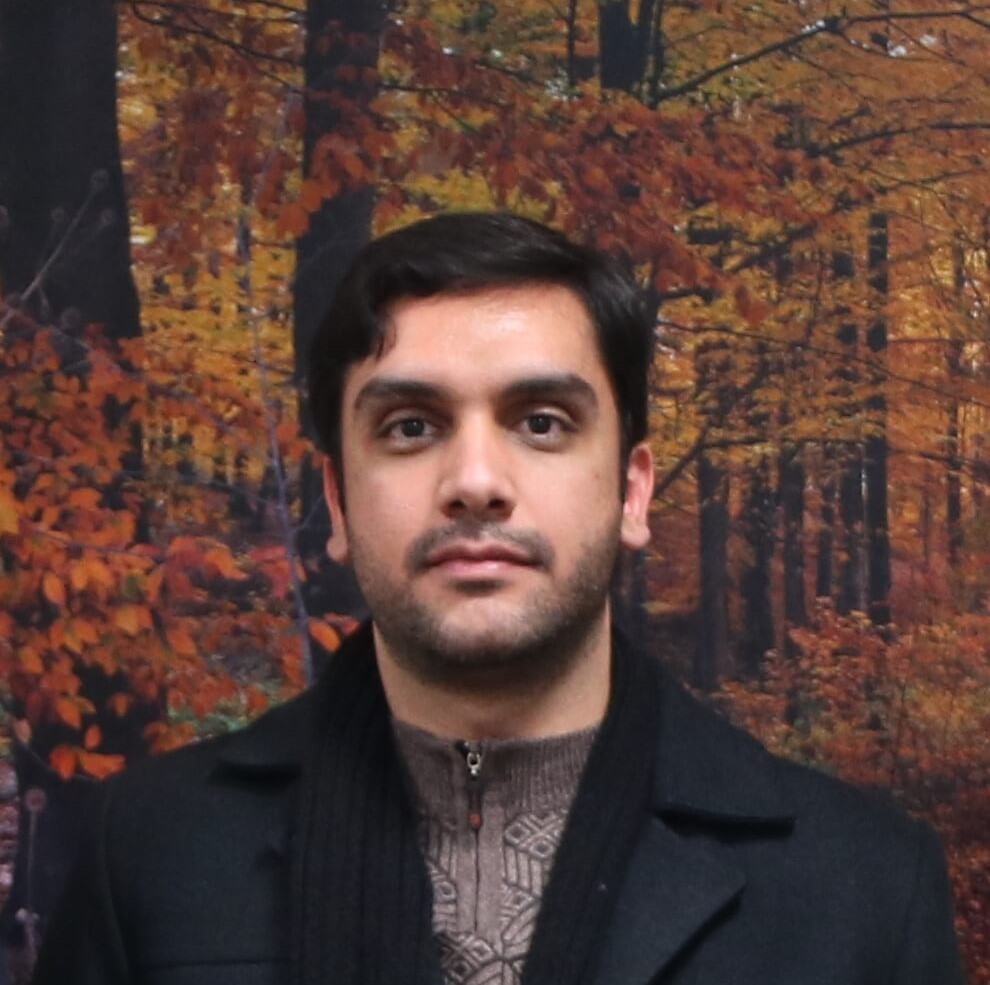اصطلاح جدید 8
Logos: (ˈlɒɡɒs) is a term in Western philosophy, psychology, rhetoric, and religion derived from a Greek word variously meaning ground, plea , opinion, expectation ,word, speech, account, reason, proportion, and ,discourse
but it became a technical term in philosophy beginning with Heraclitus (c. 535 – c. 475 BC), who used the term for a principle of order and knowledge
/Logos tries to persuade an audience using /logical arguments and supportive evidence
In ancient Greek philosophy, the logos were at least until the mid-Platonic philosophical period, and more importantly until the period of Neoplatonic philosophy The first principle was considered. Heraclitus considered it as the centerpiece of the order of the universe and the rational principle governing the world. The material force that brings warmth everywhere. From the standpoint of the stoic philosophers (whose field of study was in one of the arches of Athens), Logos was the "whole intellect" and the cause of the creation of the system
لوگوس: واژه ایی در فلسفه ی غرب، روانشناسی، بیان و دین که از یک کلمه یونانی گرفته شده است به معنای "زمین"، "درخواست"، "نظر"، "انتظار"، "کلمه"، "سخنرانی"، "حساب" ، "دلیل"، "نسبت" و "گفتمان".
اما این اصطلاح فنی در فلسفه با هراکلیتوس آغاز شد (حدود سال 535 - 475 قبل از میلاد)، که اصطلاح را برای اصل نظم و شناخت استفاده کرد.
لوگوس تلاش میکنند مخاطبان را به استفاده از استدلالهای (منطقی و بدیهی با پشتوانه) تشویق کنند.
در فلسفهٔ یونان باستان، لوگوس حداقل تا زمان فلسفه افلاطونی میانه و مهمتر از آن تا دوره فلسفه نوافلاطونی اصل اول محسوب میشد. هراکلیتوس آن را محور نظم کائنات و اصل عقلانی حاکم بر جهان میدانست. نیرویی مادی که چون شعله آتش به همه جا گرمی و روشنی میبخشد. از دید فیلسوفان رواقی (که حوزه درسیشان در یکی از رواقهای آتن منعقد میشد) لوگوس «عقل کل» و علتالعلل نظام آفرینش بود.
ترجمه: حمید خسروانی
- ۹۷/۰۳/۲۰



